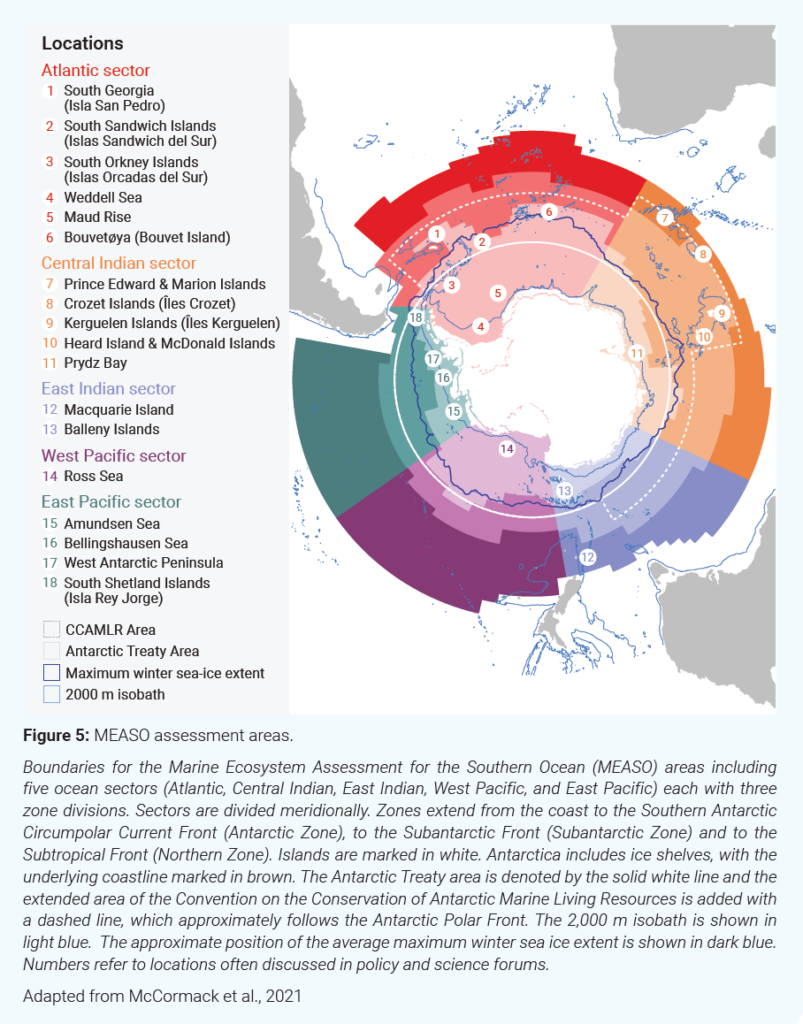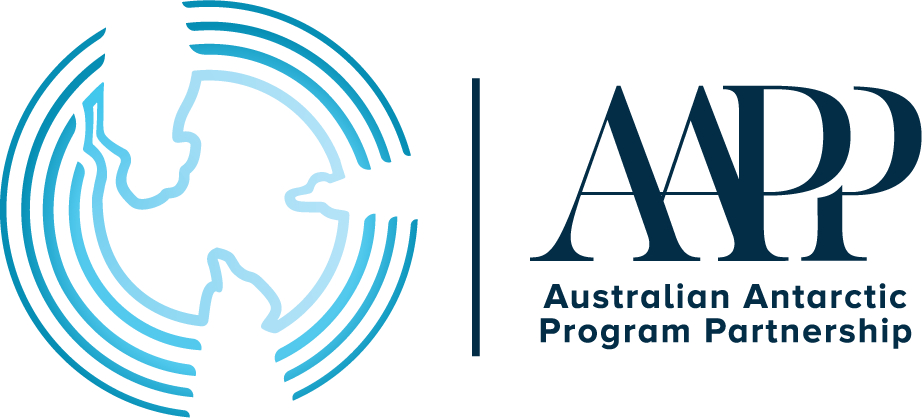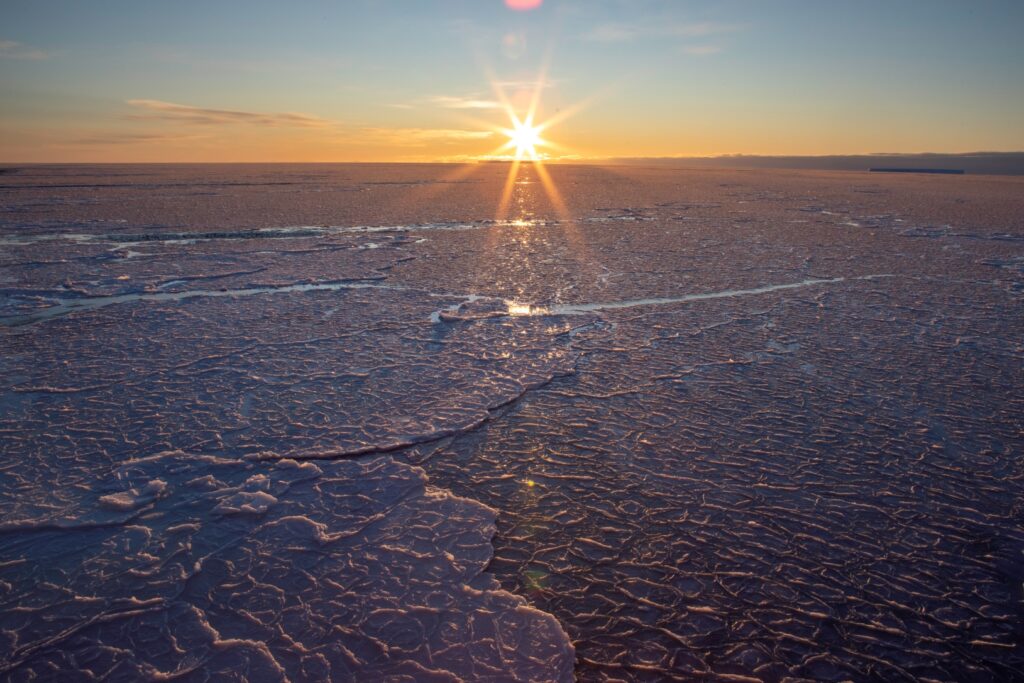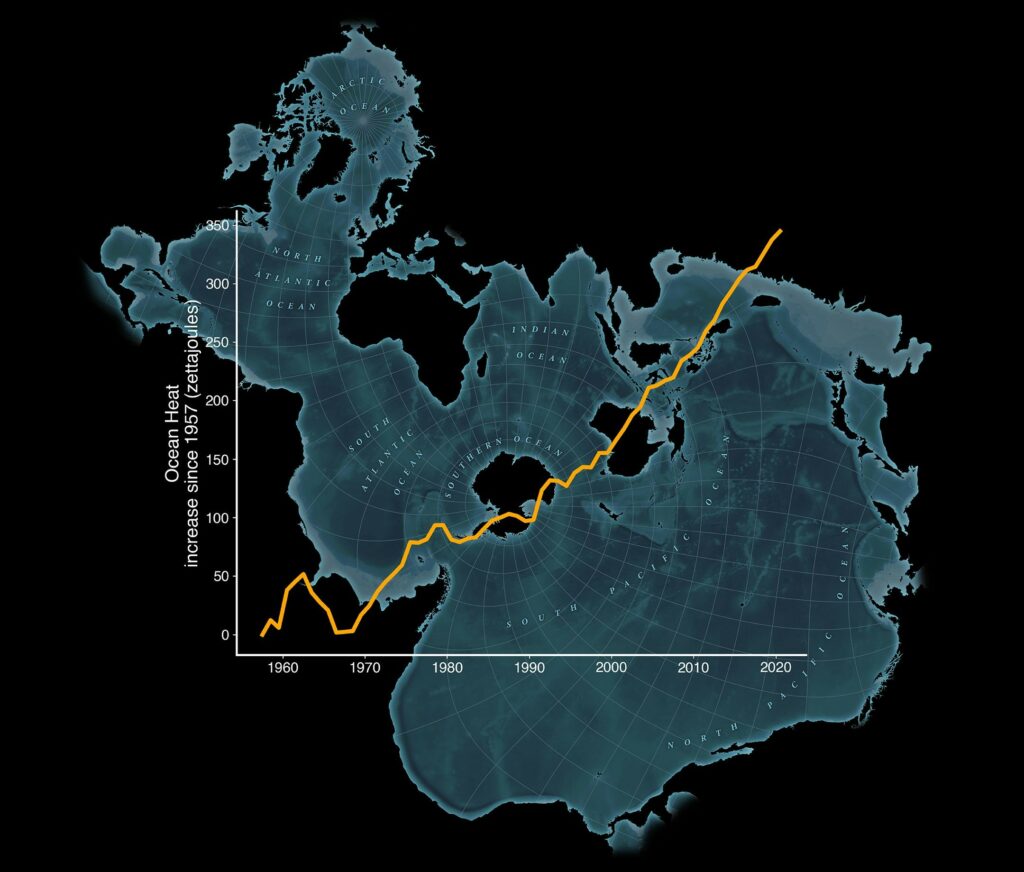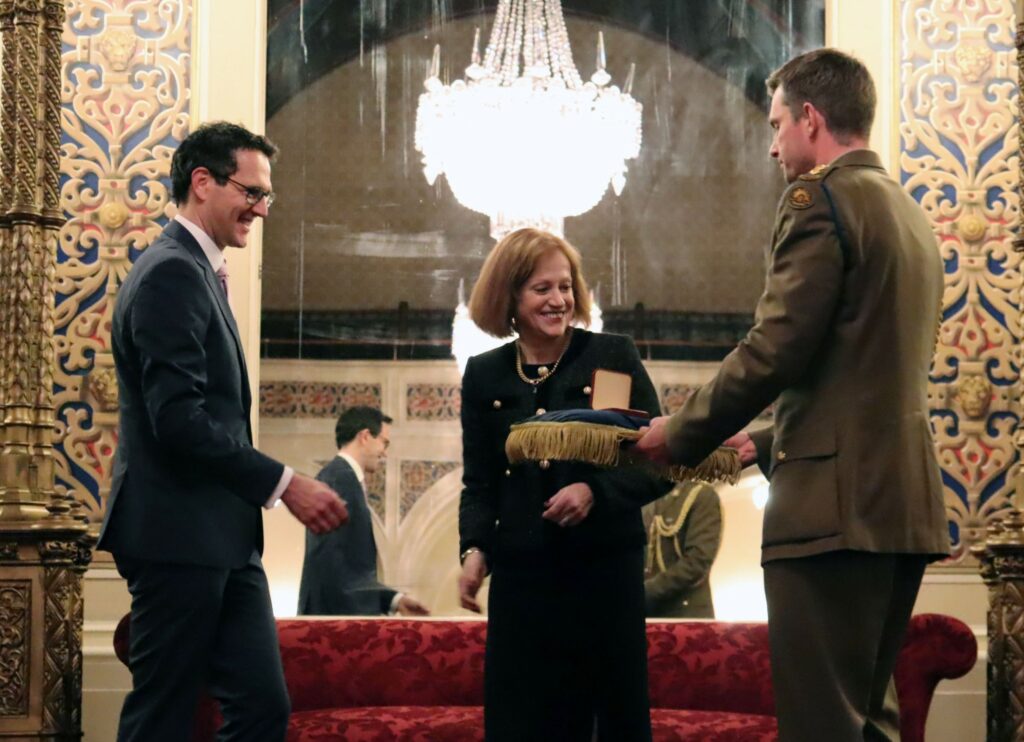Sea change: a new blueprint for Southern Ocean survival
18 October 2023
More than 200 scientists from 19 countries have released the first comprehensive assessment of trends in Southern Ocean ecosystems, in a report written specifically for policy makers.
The Marine Ecosystem Assessment for the Southern Ocean (MEASO) stresses that climate change is the most significant driver of species and ecosystem change in the Southern Ocean and coastal Antarctica.
“Long-term maintenance of Southern Ocean ecosystems, particularly polar-adapted Antarctic species and coastal systems, can only be achieved by urgent global action to curb climate change and ocean acidification,” the report says.
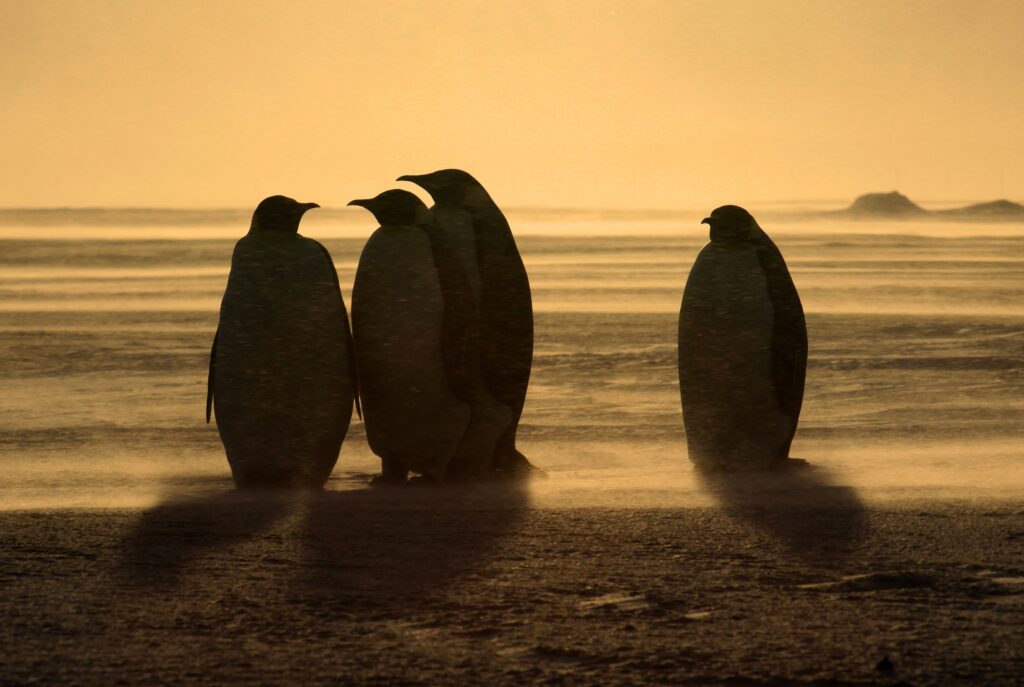
Co-convenor Dr Andrew Constable of the University of Tasmania said that the five-year MEASO process was modelled on a working group of the Intergovernmental Panel on Climate Change (IPCC).
“MEASO is like an IPCC report for the Southern Ocean, and in a similar way we have distilled the science into an easy-to-read and concise summary to inform politicians and policy makers around the world.”
“We’ve launched this report to coincide with this year’s international meeting of the Commission for the Conservation of Antarctic Marine Living Resources (CCAMLR) in Hobart,” Dr Constable said.
CCAMLR is the international body under the Antarctic Treaty System responsible for the conservation of marine ecosystems in the Southern Ocean, with membership of 26 nations and the European Union.
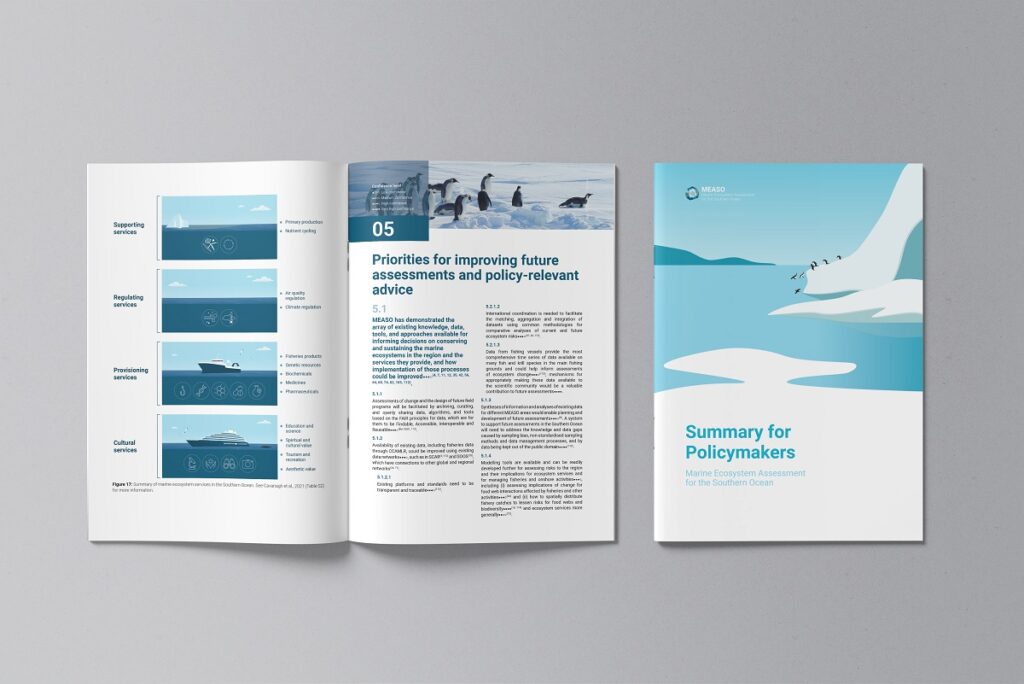
MEASO co-convenor Dr Jess Melbourne-Thomas from Australia’s national science agency CSIRO said that the Southern Ocean around Antarctica is absorbing most of the global temperature rise.
“The unique wildlife of the Southern Ocean is feeling the heat and, together with additional pressures from fisheries, tourism, and pollution, faces an uncertain future.”
“As well as its fundamental importance to biodiversity, the Southern Ocean is crucial to human welfare by providing us with food and helping to control our climate,” Dr Melbourne-Thomas said.
Professor Nathan Bindoff, leader of the Australian Antarctic Program Partnership at the University of Tasmania, said that the MEASO process should continue in this critical decade for action on climate.
“Currently assessments of change in habitats, species and food webs in the Southern Ocean are compiled separately for at least ten different international organisations or processes.”
“Bringing the best-available science together in a timely fashion through the MEASO process is an excellent way to harmonise the information for policy makers,” Prof Bindoff said.
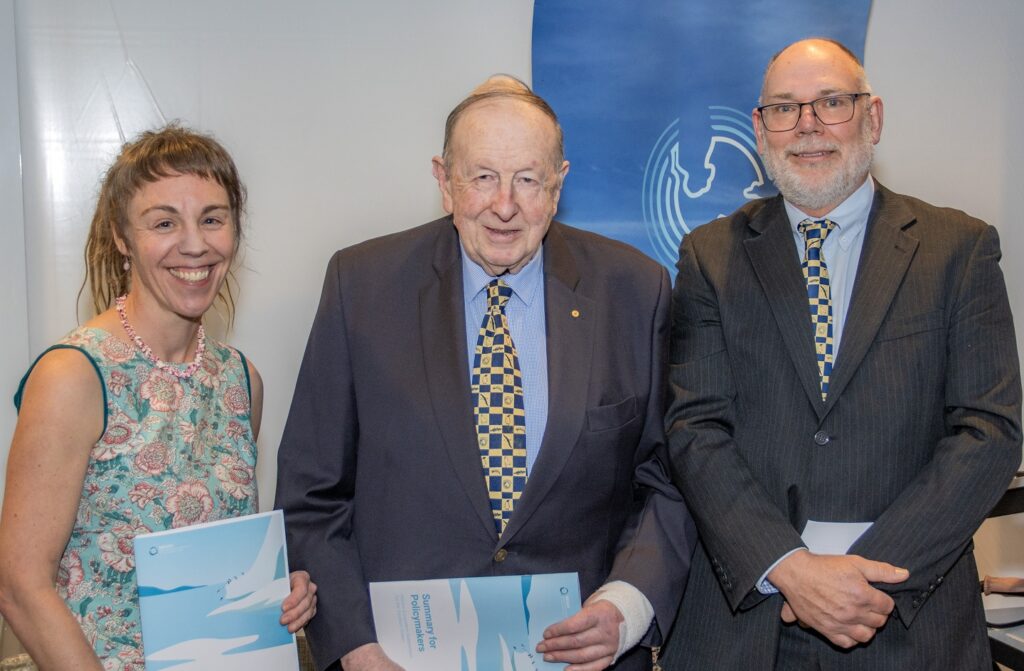
READ MORE: Address by former Tasmanian Governor Sir Guy Green
to launch the MEASO Summary for Policymakers (pdf)
L-R: Dr Jess Melbourne-Thomas, Sir Guy Green and Dr Andrew Constable (photo: Peter W Allen)
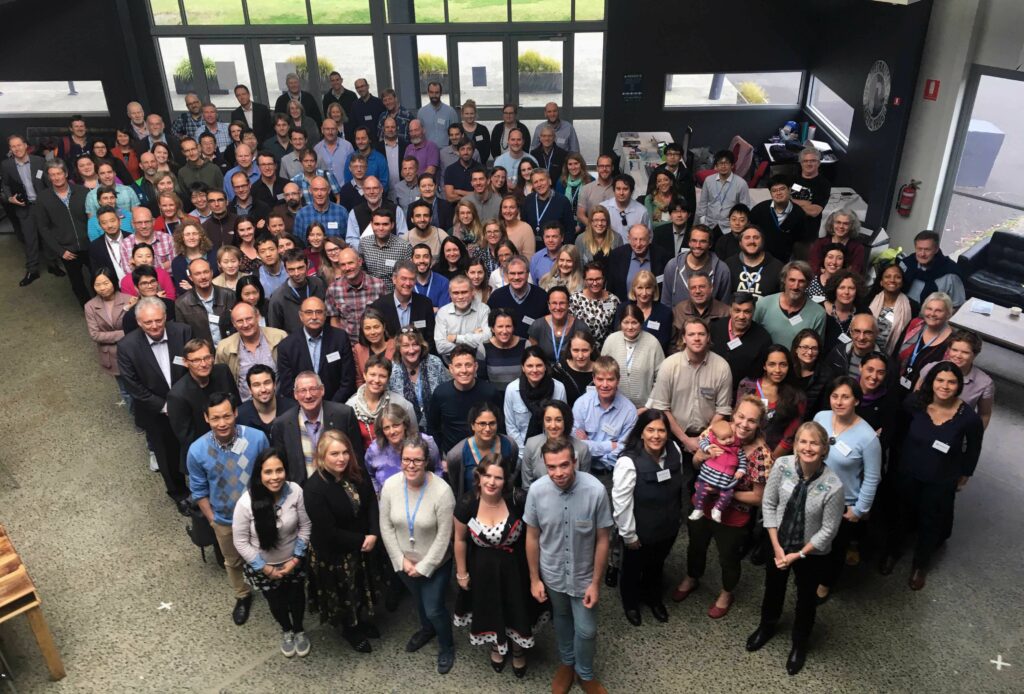
First international MEASO conference in 2018, Hobart
